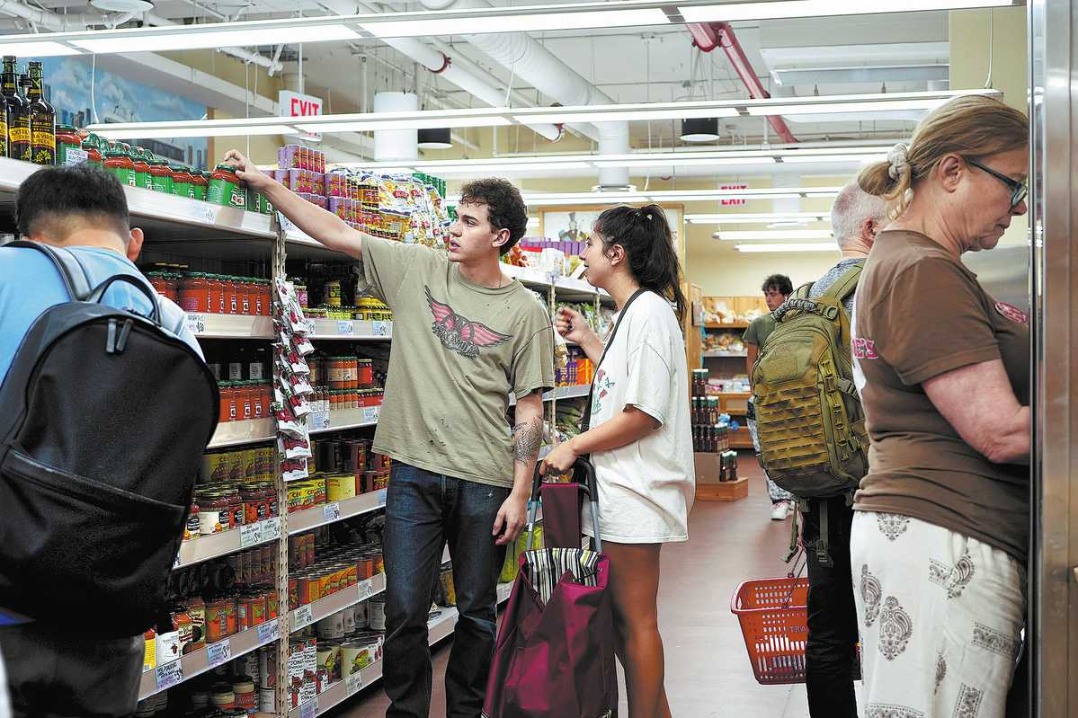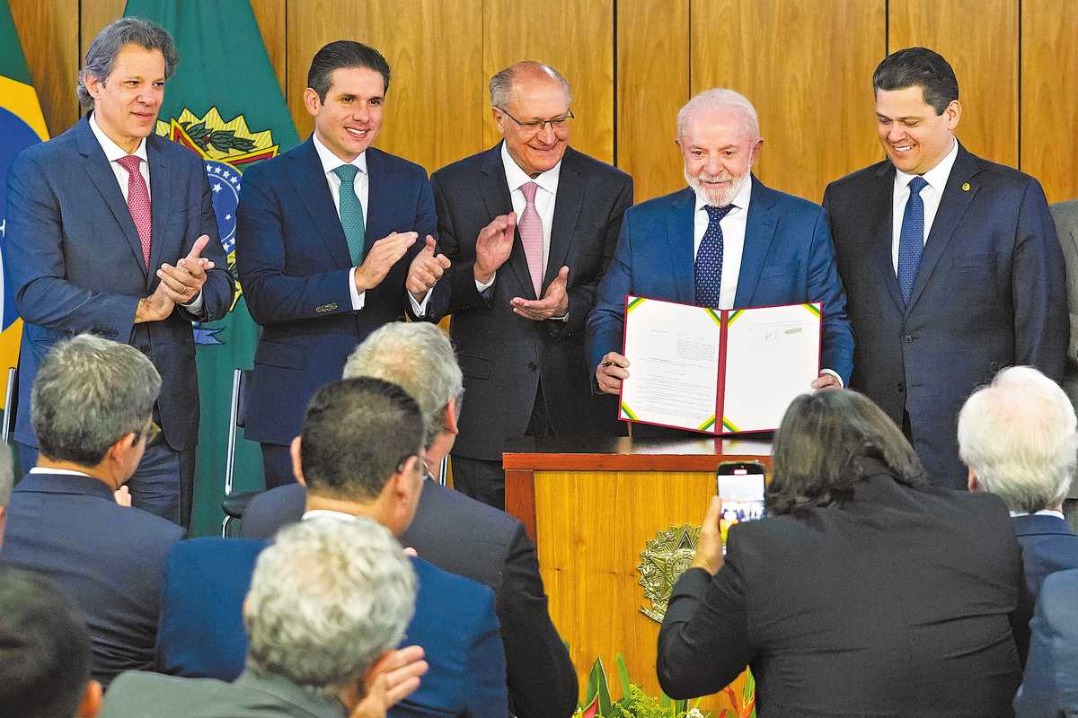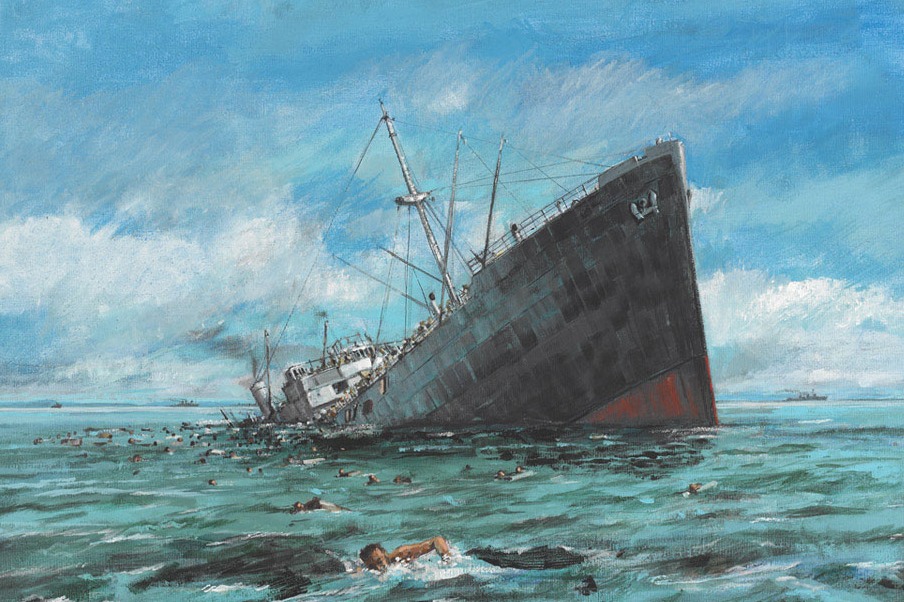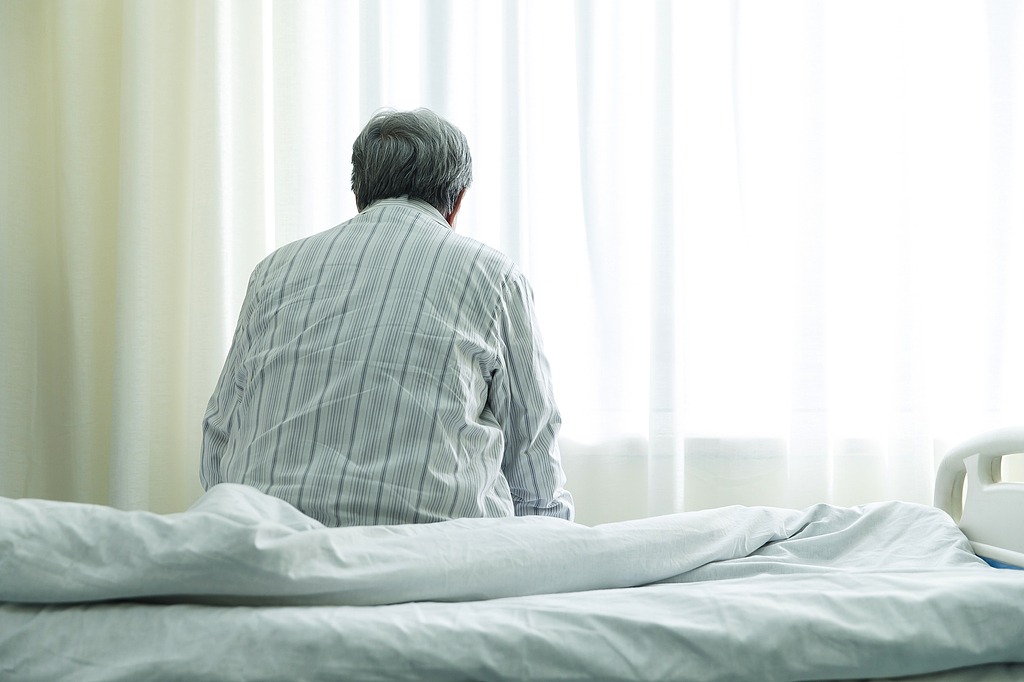US stocks surge, then go down

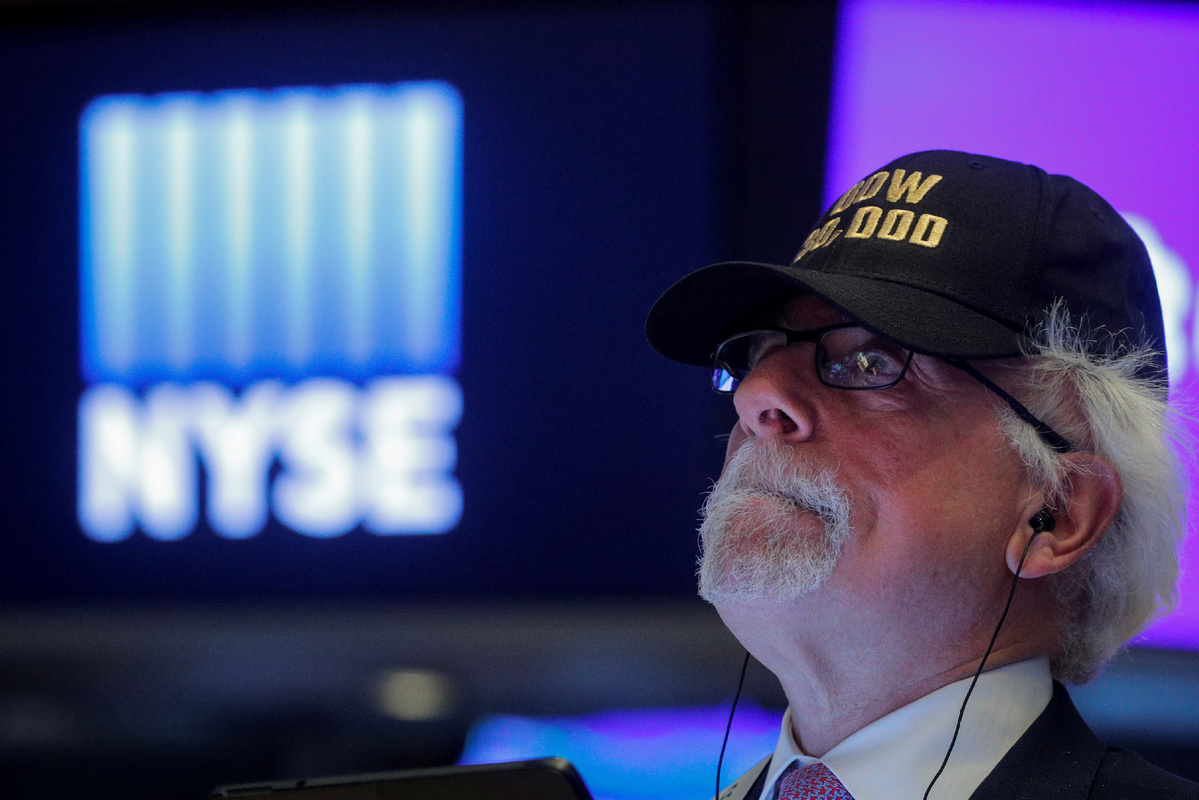
US stocks rose Friday, surging more than 1,000 points in early trading before cutting gains to about 401 points by mid-day.
It will take days, perhaps weeks, before investors know if the strong opening was the dead-cat bounce off market lows, the latest iteration of market volatility or the beginning of a turnaround.
The pullback from the intra-day high suggests the market is still jittery one day after the Dow Jones Industrial Average lost nearly 10 percent in the worst day since the market crash in 1987.
At mid-day, the Dow Jones Industrial Average climbed or 1.54 percent to 21518.78 The S&P 500 rose 1.23 percent. The Nasdaq Composite climbed 1.00 percent.
The steep and extended market decline in the last few weeks destroyed trillions of dollars in market value. Investors turned to bonds as a safe haven, driving yields down to record lows.
Apple shares rose Friday 2.48 percent in mid-day trading after Wells Fargo upgraded the stock to overweight from equal weight, citing the stock's "compelling risk/reward" outlook.
Investors had punished the stock after Apple said it wouldn't meet earnings estimates due to coronavirus-induced supply chain disruption in China.
The US government is taking action to stabilize the market.
On Thursday, the US Federal Reserve said it would inject about $1.5 trillion into short-term lending markets. The announcement boosted the market briefly, but shares soon continued to plunge Thursday.
House Speaker Nancy Pelosi, a California Democrat, said lawmakers and the White House are close to a bargain on the type and scope of economic relief to be offered in response to the coronavirus outbreak.
"We've resolved most of our differences," Pelosi told reporters Thursday.
Senate Majority Leader Mitch McConnell, a Kentucky Republican, has vowed to keep the upper chamber in session if necessary to pass the bill and send it to US President Trump for his signature, making it law.
"I would advocate for pushing money into the hands of companies right now and into the hands of individuals and individual consumers because that is really the only thing that is going to help at this point," David Riedel, founder of Riedel Research Group, told CNBC.
"When they're ready to spend, then that V (shaped recovery) can take hold and things can start to recover quickly."



















